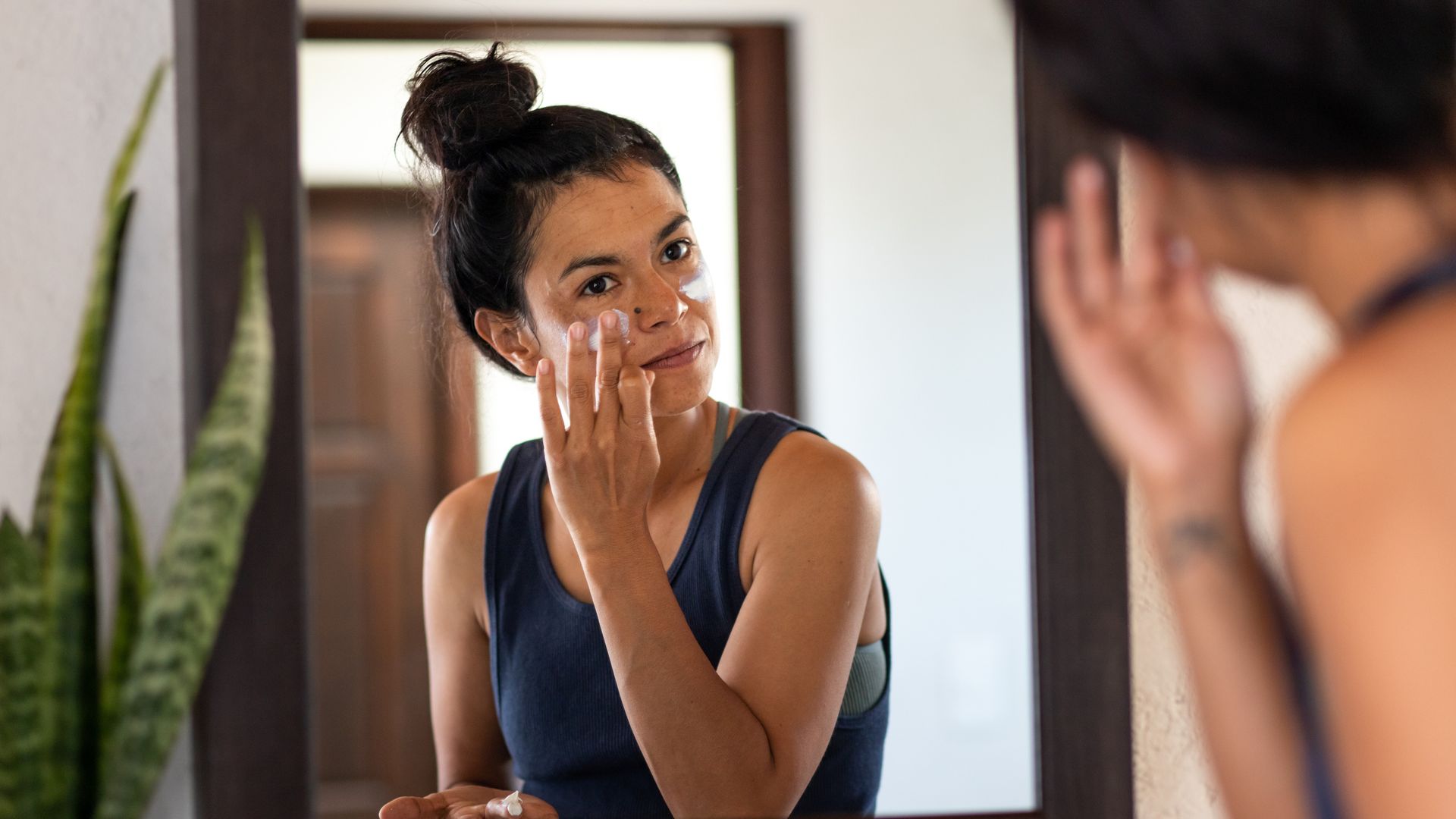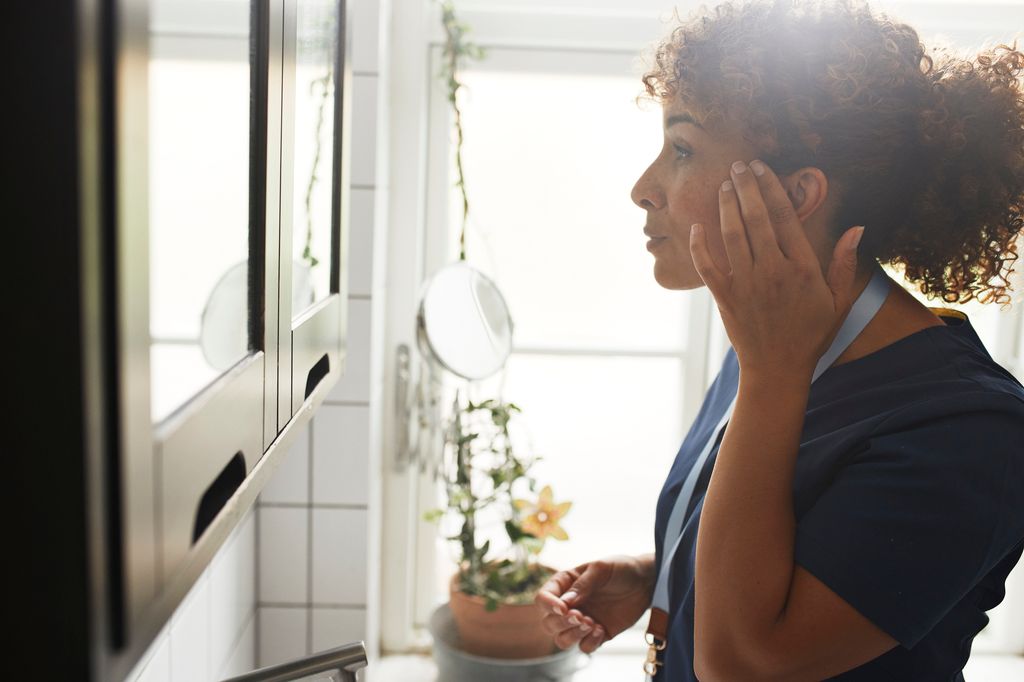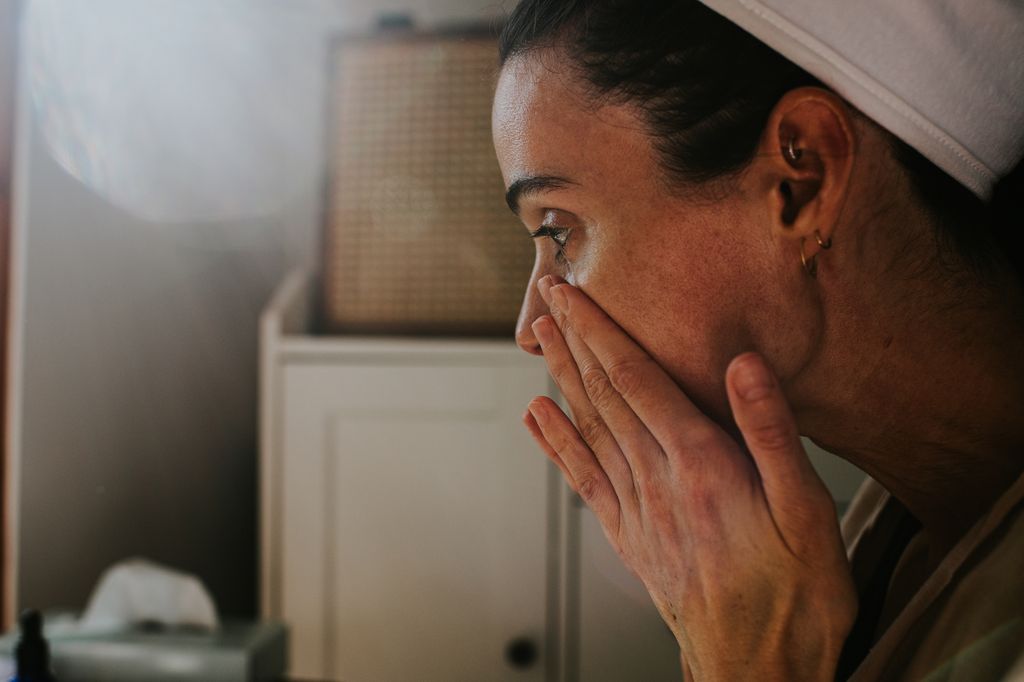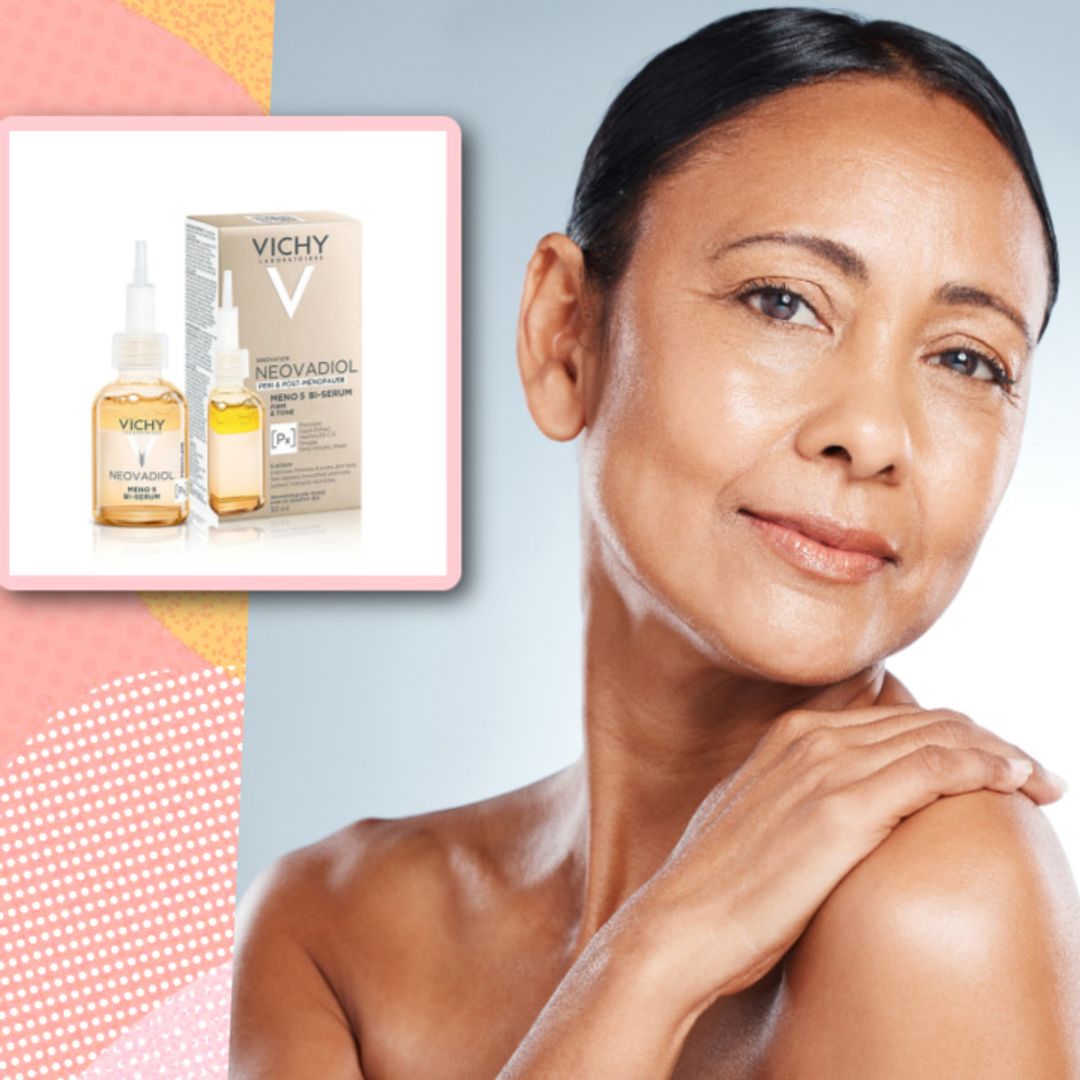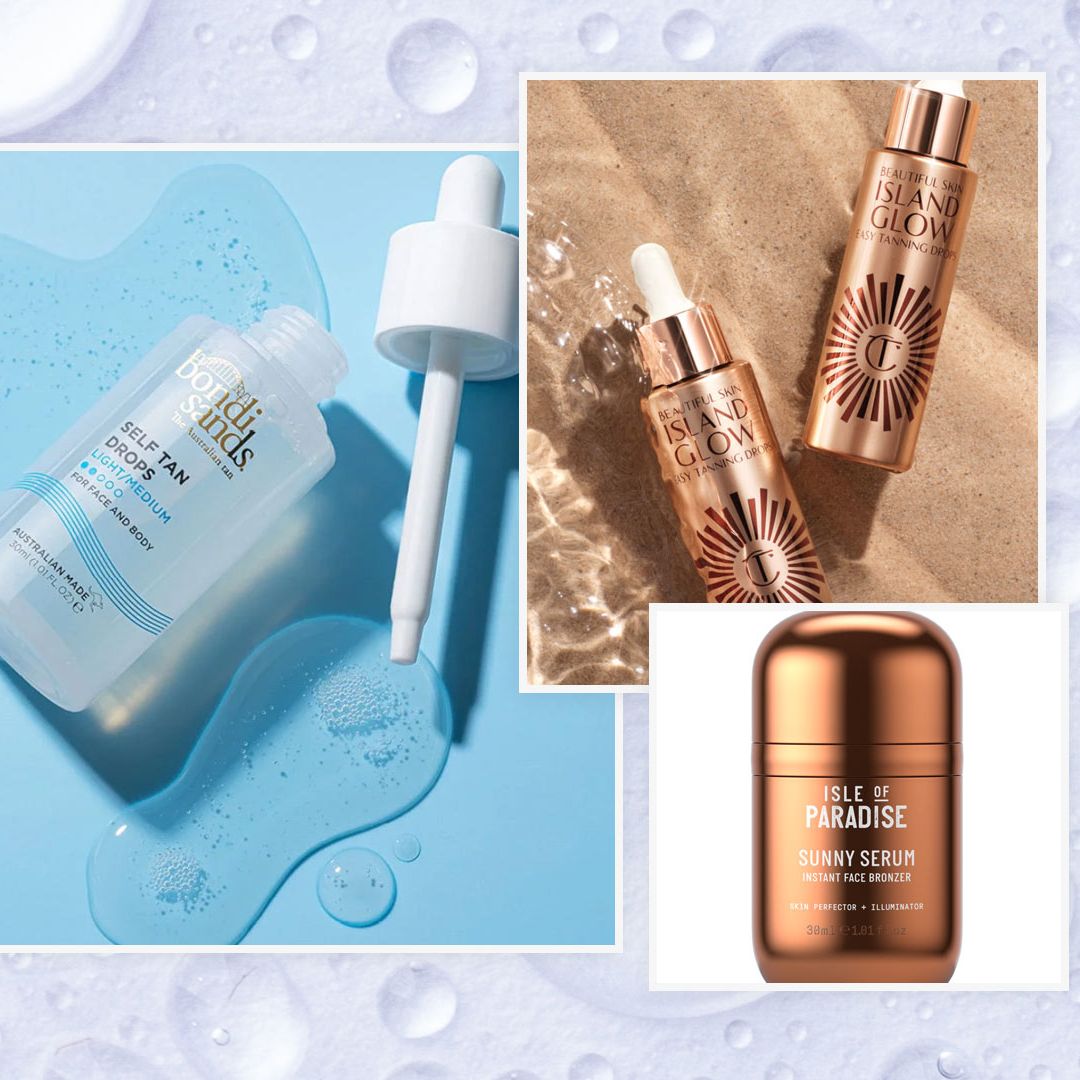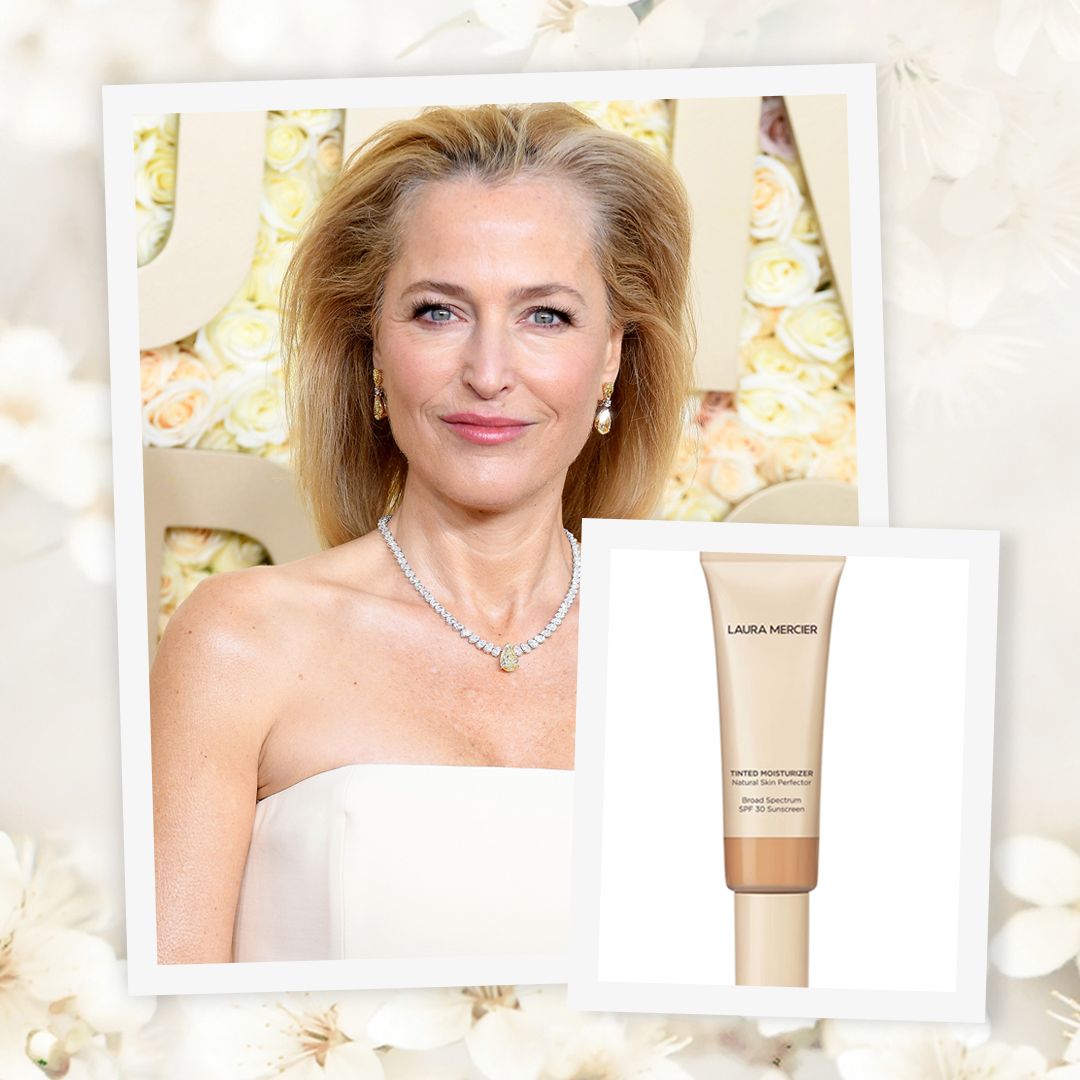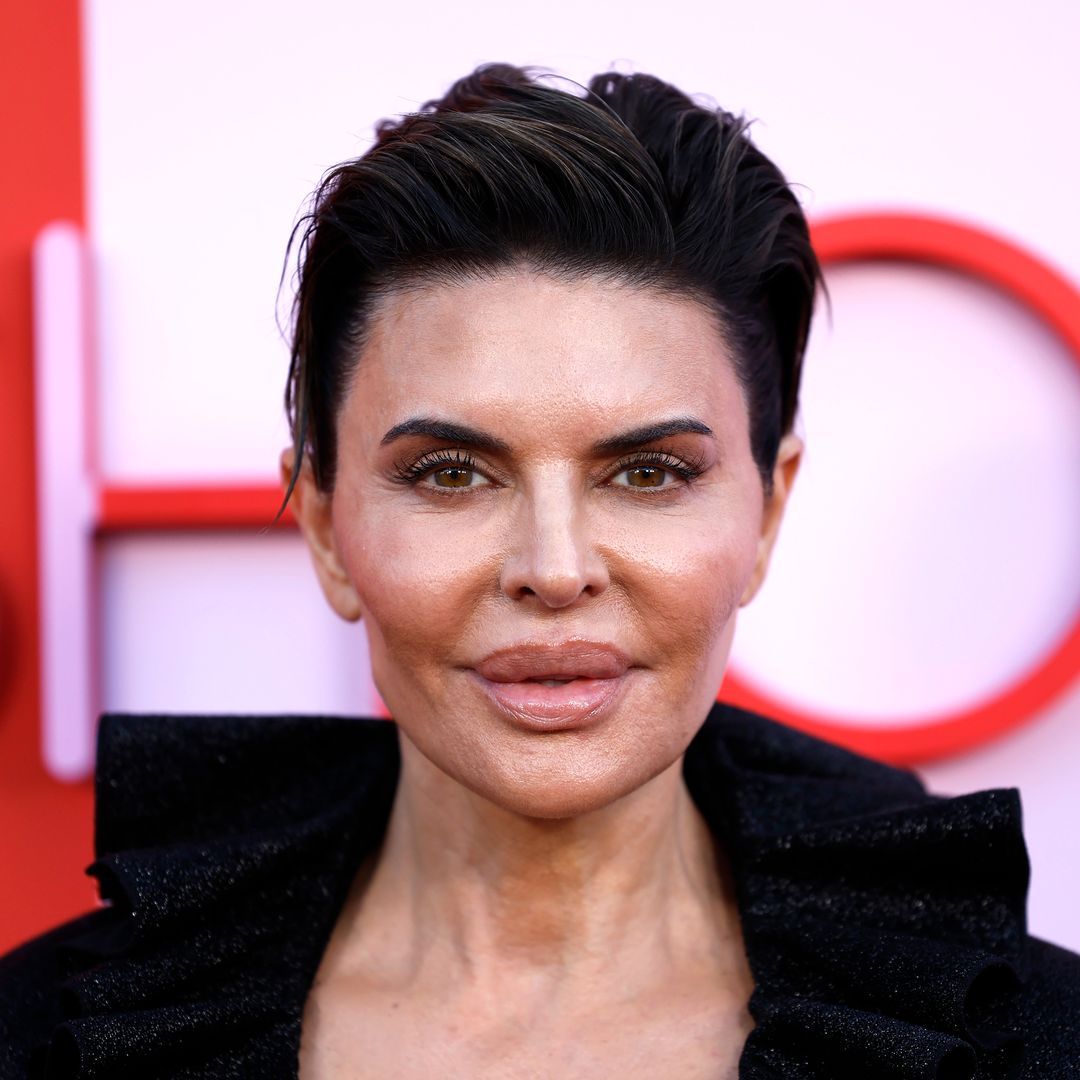When you've had a dedicated skincare routine that has worked for years, it can be disheartening when it suddenly appears to stop agreeing with your skin.
You might be left wondering why your day cream no longer leaves your skin feeling plump and nourished, or why your night cream doesn't hydrate your skin like it used to, leaving your skin dry and sensitive.
The answer to 'why doesn't my skincare work anymore?' could lie with menopause, explains menopause expert Dr. Naomi Potter, founder of Menopause Care. "During menopause, your usual skincare routine may become less effective as the skin loses its dewy and youthful appearance.
"This does not mean that your skincare products are ineffective, but rather that the skin may require increased moisture and the incorporation of a more intense moisturiser to maintain hydration in your regimen."
Dr. Amiee Vyas, Founder of Doctor Amiee Facial Aesthetics & Skin, agrees that products might become less effective, explaining: “As our skin changes throughout the menopause, the products you typically used may not treat your new skin issues – for example, your skin may have been oily previously, but the menopause can cause it to become dry and sensitive. Therefore, using products for oily skin would no longer be beneficial and could actually impair the skin barrier further and make the dryness worse.
READ NOW: Menopause confidence loss: how to regain your spark
“It is important to ensure you are using the correct skincare products with the correct ingredients so you aren’t worsening any symptoms and optimise your overall skin health,” Dr. Amiee adds.
What happens to our skin in menopause?
Our skin changes in menopause due to fluctuating hormone levels, which can result in sensitivity, dryness and allergies, she explains.
Our skin produces fewer natural oils, which causes dehydration and dryness, plus our skin barrier is weakened so it's more prone to reacting adversely to products.
"A combination of these factors can contribute to heightened sensitivity" Dr. Naomi continues. "It is not uncommon to experience sensitive skin during menopause and peri-menopause, even if you have never had sensitive skin before."
In addition to sensitivity, hormonal changes can also result in dryness and oiliness of the skin, Dr. Naomi adds. "Some people may experience breakouts due to hormonal fluctuations. The ratios of hormones change during this period, leading to the appearance of fine lines, sagging and alterations in underlying collagen, elastin and even bone structure."
Do we need different skincare in menopause?
If your normal skincare has stopped working during menopause, it's worth investing in new products designed for menopausal skin, says Dr. Naomi.
"When selecting skincare products to use in menopause, it is advisable to avoid strongly perfumed products, or those containing high concentrations of chemicals, such as chemical peels. Opting for gentler, natural ingredients can be beneficial,” she advises.
NEED TO KNOW: What to do when menopause impacts your work, according to an HR expert
Dr. Amiee cautions the use of acids, too. “Salicylic acid is a very common ingredient but in high concentrations it can be too drying and irritating.” She also advises being careful when choosing SPF, explaining: “When wearing SPF, you should avoid chemical sunscreens and look for mineral instead. Ingredients such as avobenzone, octocrylene, and oxybenzone found in chemical SPFs can make symptoms of sensitive skin much worse.”
Ingredients to look out for include vitamin C, hyaluronic acid, plus keep an eye out for ingredients that talk to fibroblasts as this helps support collagen and elastin production to keep skin looking fresh.
